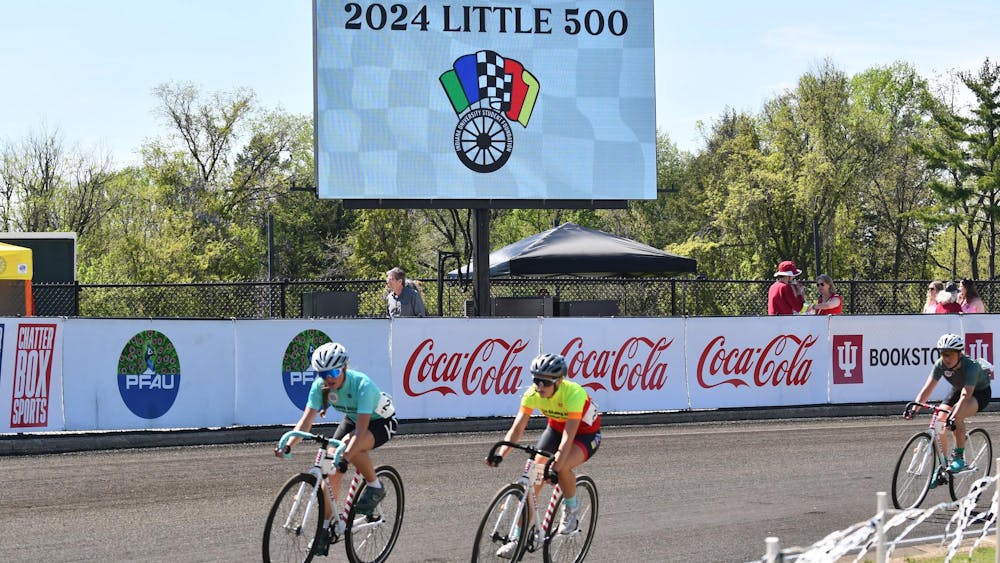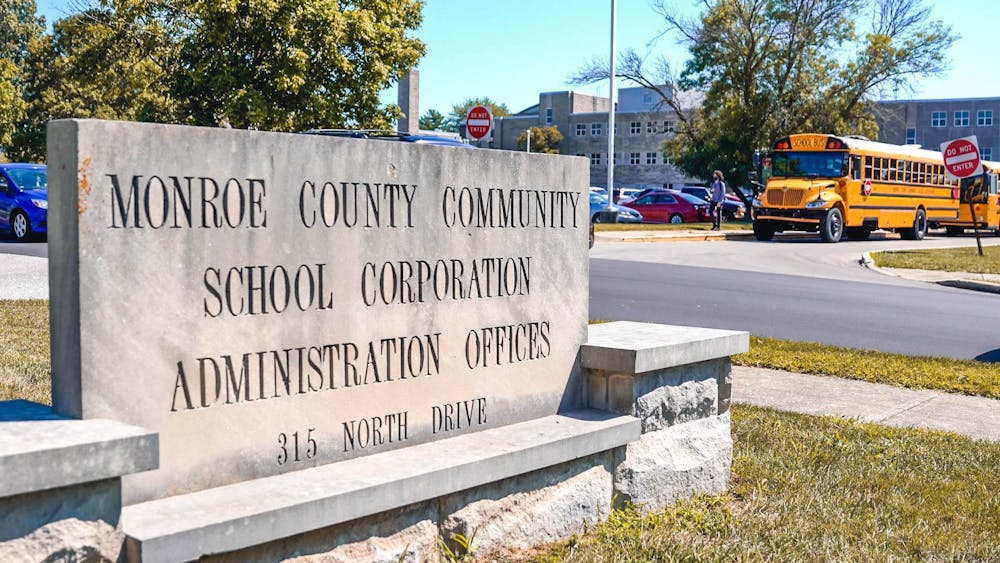UNIVERSITY PARK, Pa. – Two Pennsylvania State University students snuck behind a deserted State College, Pa., strip mall at 10:30 p.m. Sunday and headed straight for the Dumpsters. \nRooting through the garbage and even jumping into a large container, the pair attacked the unwanted contents inside, hoping to find anything from a good meal to a used typewriter inside. Junior Chris Byrnes and sophomore Andy Mazur are “freegans”: Students who free themselves of being wasteful and spending money and instead support themselves by “urban foraging,” better known as Dumpster diving.\nFreegans are “people who employ alternative strategies for living based on limited participation in the conventional economy and minimal consumption of resources,” according to freegan.info, which is headquartered in New York. \nByrnes and Mazur spoke fondly about rummaging through local Dumpsters. Their apartment is filled with eclectic findings – electronics, clothes, shoes, furniture, books and many other useful items. \n“A third-world country could be supported off of the things Americans throw away,” Mazur said, proudly opening a cabinet to display a recent score: sealed bags of Milano cookies. On the kitchen table, he also pointed out a box he found filled with “grilled stickies” from a diner. \nHowever, some students think freeganism is taking conservation too far. \n“We are a wasteful society, but I think there are more effective ways to reduce waste and make their point, rather than Dumpster diving,” Penn State senior Lori Shero said. \nLocal Weis representatives would not comment on the freegan activity occurring in their Dumpsters, but Byrnes and Mazur said they consume the grocery store’s leftovers on a daily basis. \n“Everything other than housing can be found in a Dumpster,” Byrnes said. \nByrnes said he has not purchased food since last December and finds enough food in one night of Dumpster diving to last a whole week. Mazur said he occasionally buys apple cider from the farmer’s market. \nJohn Floros, head of the food science department at Penn State, said the men are “running a risk.” \n“The most important thing is to not harm themselves,” Floros said. “If the food seems packaged well, and they cook it long enough, it makes it somewhat safer.” \nByrnes and Mazur said one night they found more than 10 garbage bags filled with bread and pastries in a Dumpster behind Panera Bread. Panera management was unaware of the existence of freegans or any “urban foraging” taking place in its Dumpsters. \n“People think it’s weird eating food out of the garbage, but everything we eat is either sealed or vacuum-packed, with a few exceptions,” Byrnes said. \nByrnes said they decide whether or not to eat the food by smelling it, getting a “feel for it” and also by looking at the packages’ expiration dates. \nBut Floros said human instinct is not the best way to judge a food’s condition. \n“You can’t always see or smell if it’s bad.”\nThe word “broken” is written across many of the items Byrnes and Mazur have found, but Byrnes said sometimes they aren’t even broken or just simply need some fixing up: He now plays a keyboard that just needed new batteries he found in a past Dumpster dive. \n“Americans could all do much more to conserve,” sophomore Kaitlyn Smiths said. “We’ve become very materialistic as a society, but we work hard.” \nThe assumption that people have to buy things doesn’t sit well with Byrnes. He said if he doesn’t find toothpaste while Dumpster diving, he will do without it until he finds more. He also said he’s had the same toothbrush for the past two years. \nByrnes showed off his three closets filled with assorted free clothes and said he rarely has to do laundry because he has so much to wear. \n“One time in high school, my economics teacher told me there was no such thing as a free lunch,” Byrnes said. “That made me mad, so I decided I should prove him wrong.”
Students dumpster-dive to save money
Get stories like this in your inbox
Subscribe





